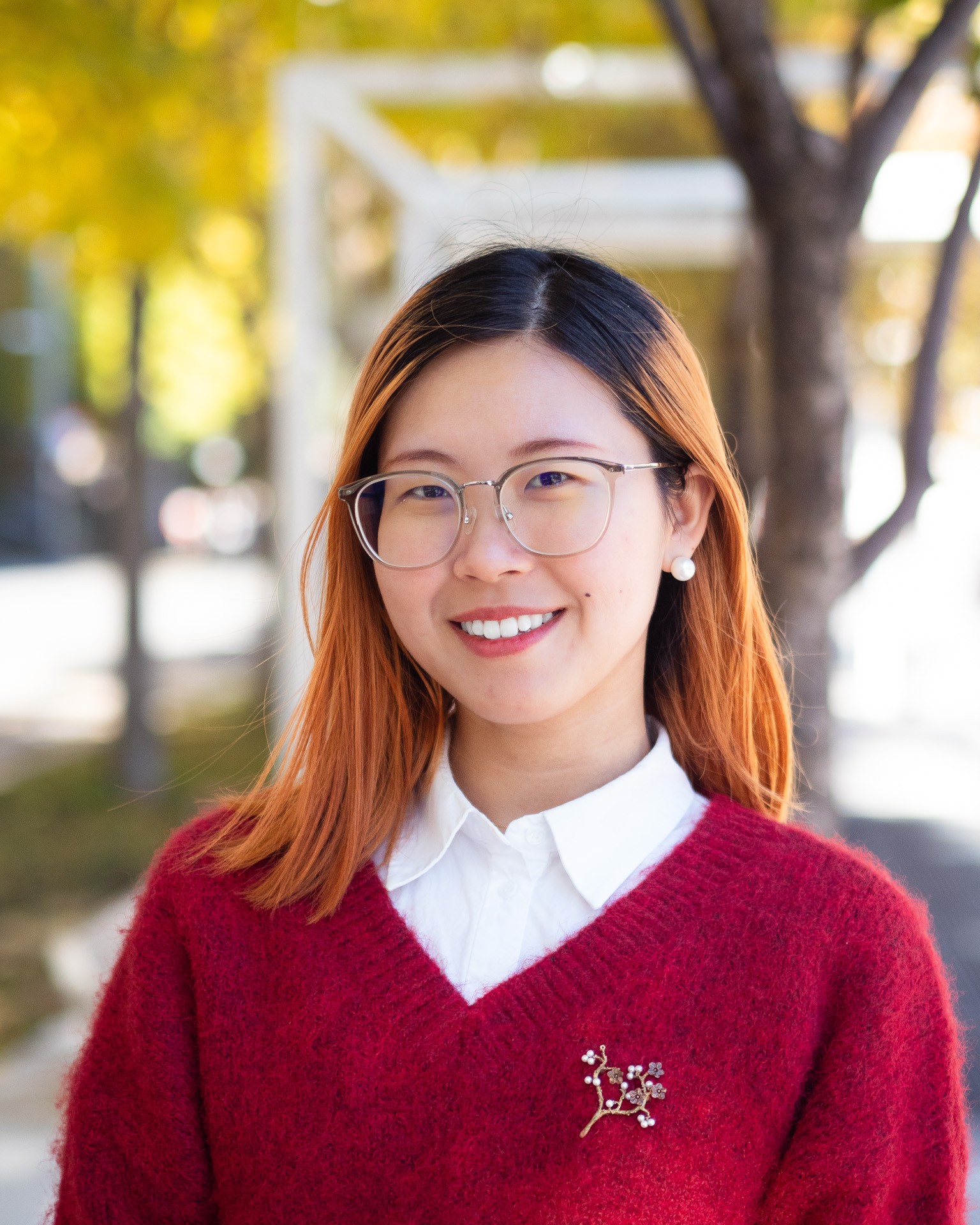Join us as we spotlight two cutting-edge projects: Aijia Yao, a second-year Ph.D. student in the Hamilton Lab, is investigating how cultural backgrounds influence the expression of mental health symptoms among marginalized youth, and Soham Chakraborty, a fourth-year Ph.D. candidate in Chemistry, is advancing pincer-metal catalysis to activate inert C–H bonds for efficient alkane dehydrogenation.

Aijia Yao is a second-year Ph.D. student in the Hamilton Lab. During her academic journey, she noticed that in her home country, people often described mental health struggles using bodily terms like "tired" or "headache" rather than emotional words like "depressed" or "frustrated." This sparked her curiosity about whether these differences reflect actual variations in mental health symptoms or cultural influences, such as differences in vocabulary or awareness of mental health. Thus, Aijia's research now focuses on how cultural backgrounds shape the experience and communication of mental health, particularly among teenagers from historically undeserved communities, including immigrant youth, youth of color, and LGBTQ+ youth.
Hurt Online, Healed Offline? The Role of Discrimination and Community Support in Teen Mental Health
In the social media era, youth of color and LGBTQ+ youth often find fun and supportive online communities, but they are also exposed to discrimination online, which can lead to mental health struggles like depression and suicidal thoughts. As more and more youth report witnessing and/or directly experiencing discrimination, Aijia decides to explore how online discrimination affects mental health in these groups and whether support from online or offline communities can reduce its harmful impact.

Soham Chakraborty was born and brought up in West Bengal, India. He achieved his 5-year BS-MS dual degree from Indian Institute of Science Education and Research Kolkata, India (2016-2021). He joined Rutgers - New Brunswick in Fall 2021. Currently he is a 4th-year Ph.D. candidate (graduate student) in Prof. Alan S. Goldman's group in the Department of Chemistry and Chemical Biology. Here, he is interested in synthetic, as well as computational organometallic chemistry, and the mechanistic studies in catalysis. Outside the lab, writing poetry and articles, reading books, traveling, and listening to music are some of his favorite pastime hobbies.
Breaking Inert C-H Bonds: Advancing Pincer-Metal Catalysis for Alkane Dehydrogenation
C-H bonds are ubiquitous but inert, making their selective functionalization challenging. Alkanes, abundant in fossil fuels, are difficult to transform catalytically, whereas olefins, especially α-olefins, are vital chemical intermediates. Catalytic alkane dehydrogenation to alkenes is essential but requires harsh conditions. Pincer-ligated transition metal complexes excel as catalysts due to their thermostability, steric control, and tunability, allowing efficient and selective alkane-to-alkene conversion while preventing undesired oligomerization through unique structural rigidity, ensuring accessibility to the metal-center. We are currently exploring the catalytic potential of different pincer-metal systems – PNP-Ru, Pybox-Ru/Os, PC(NHC)P-Ir+, and bowl-shaped P(X)EP-M – towards alkane dehydrogenation and H/D-exchange of sp2 and sp3 C-H bonds, both experimentally and computationally (using DFT).
From mental health disparities to catalytic innovation, Aijia and Soham’s work highlights how graduate research at Rutgers addresses urgent issues with depth and creativity. We thank them for sharing their insights and look forward to continuing conversations across disciplines.